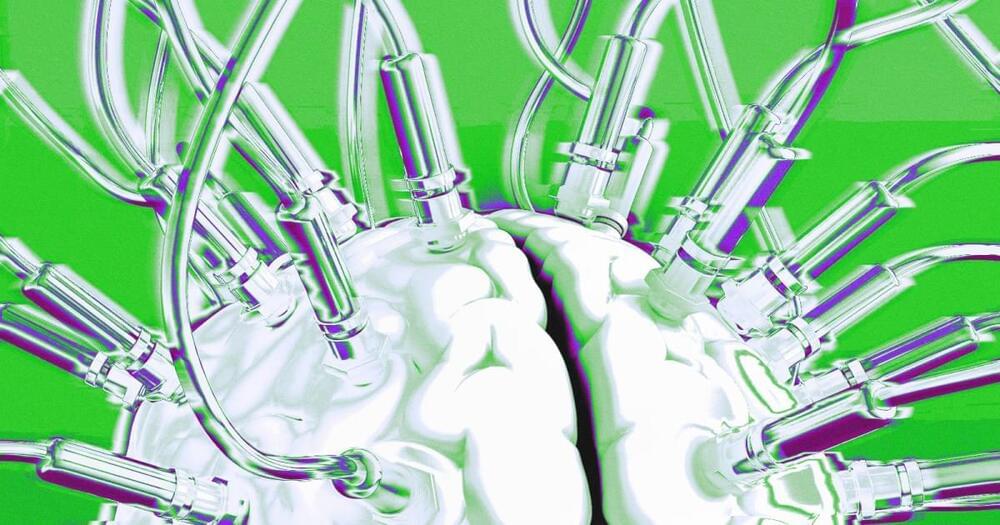This video discusses what it would mean to live forever or to have a greatly expanded lifespan. Would we inevitably grow bored with existence? Why do we even want to live longer?
We also discuss the philosophy of the Ship of Theseus as it applies to mind upload or body transfer. If you transfer your mind to a new body, are you still the same person? We conclude that the answer is yes if and only if you experience no discontinuities in consciousness.
Finally, we discuss a few different ways that new bodies might be formed as technology advances. Digital avatars and robotic bodies are just a few of the possibilities.
Can You Upload Your Mind & Live Forever?
Digital immortality: would you upload your mind to a computer?
https://www.dazeddigital.com/life-culture/article/60341/1/mi…-elon-musk.
Uploading your consciousness will never work, a neuroscientist explains.







